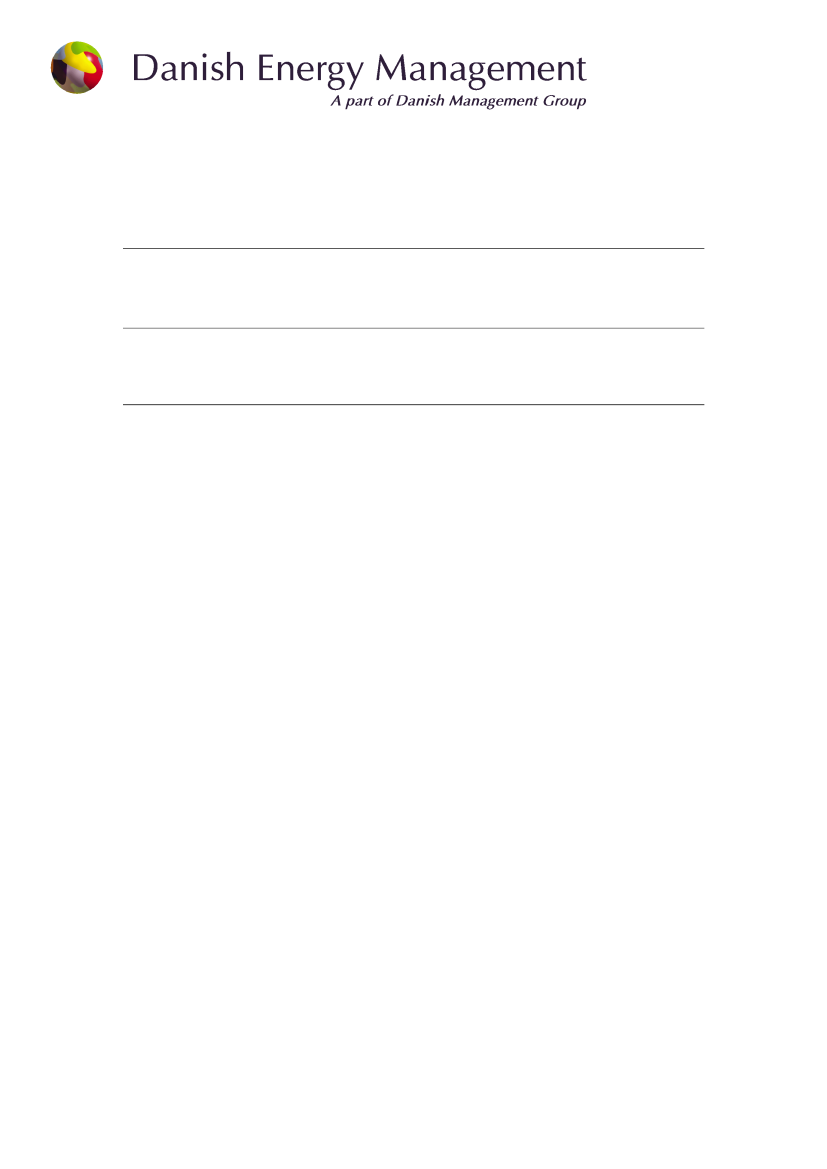Miljø- og Planlægningsudvalget 2010-11 (1. samling)
MPU Alm.del Bilag 96
Offentligt
MemoPrepared by:Henrik Rytter JensenYogaanandh Tanggaraju7thOctober, 2010
Date:
Re.:
Pesticide Regulations and Controls in Malaysia
This memo presents the findings on pesticide control and usage inMalaysia. The information derives from conversation with theDeputy Director in the Pesticides Approval Section in theDepartment of Agriculture, which are representing the authority incharge approvals for pesticide purchase and usage etc. Anotherdepartment is in charge of licensing pesticide importers andvendors.A conversation with a representative for the plant protection unit inthe Malaysian Palm Oil Board was also carried out. The Palm OilBoard is an authority under the Ministry of Plantations and in chargeof licensing of palm oil estates and mills.From conversation with Pn. Fatimah Md. Anwar, Deputy Director,Approval Section, Department of Agriculture:1. As per the Pesticides Act 1974, all application forms regardinghandling, usage, purchase and storage has been spelled out clearly.2. Pesticides/vector control can only be used with written approvalfrom Director General of Department of Agriculture and onlypesticides that are registered under the Department of Agriculturecan be used.3. Under Malaysian law, it is an offence to sell, offer for sale or exhibitfor sale any pesticide, substance, mixture or preparation for thepurpose of vector control, unless the seller is registered with theDirector-General of the Department of Agriculture.4. Purchase of pesticide (e.g., monocrotophos) for usage in the palmoil estates has to be substantiated with census carried out by theuser.DEM Malaysia Office:37-1 The Capsquare Residences2, Persiaran Capsquare50100 Kuala LumpurMalaysiaTel.: +6 03 2694 3033Fax: +6 03 2694 4033
DEM Head Office:Vestre Kongevej 4-6DK 8260 Viby J, AarhusDenmarkTel.: +45 8734 0600Fax: +45 8734 0601
5. Purchases of Class 1 pesticides are limited as per requirement.Applications for purchase by the user are subjected to approval byDirector General of Department of Agriculture.6. Paraquat, an herbicide, is still widely used in many industries inMalaysia due to the effectiveness of it in tackling a wider range ofweed. Also, paraquat is more economical.7. Unlike Class I pesticides, paraquat which falls under Class II, can bepurchased with no restrictions on the quantity by the user.Nevertheless, in order to be able to store and sell the pesticide, theHTP (highly toxic pesticide) trader has to obtain approval from theDepartment of Agriculture and the active ingredient content ofparaquat has been reduced.8. Paraquat’s usage is still under consideration as the Ministry isconsidering banning the usage of it.9. The trunk injection method of monocrotophos and methamidophos(practised by palm oil estates) is the safest and the mosteconomical way of tackling bagworm. Research has been carriedout that truck injection method would not transfer the pesticide intothe kernel.
From conversation with Dr. Norman Kamarudin, Plant ProtectionUnit, Malaysian Palm Oil Board :1. Trunk injection method is the safest way to carry out theapplication of monocrotophos/methamidophos.2. In order to purchase monocrotophos/methamidophos, census needsto be carried out in the palm oil estate(s).3. The census needs to show that there are at least 10 large larvae ofbagworm per frond in order to apply the trunk injection method.4. MPOB has always encouraged to plant beneficial plants in order toattract natural predators to curb the spread of bagworm in palmestates.5. Approximately 2 years ago, a bacterial strain from the bacillusgroup was found to effectively eradicate the spread of bagworm.This method is being applied by a small number of estates in thestate of Perak, as an alternative to the usage ofmonocrotophos/methamidophos.6. Paraquat is also being used in certain palm estates as a weed killer,due to its effectiveness on a wider range of herbicide.7. MPOB has a guideline to promote ‘Crop Protection’ and ‘Usage ofPesticides’ in palm estates.
� Danish Management Group
2


